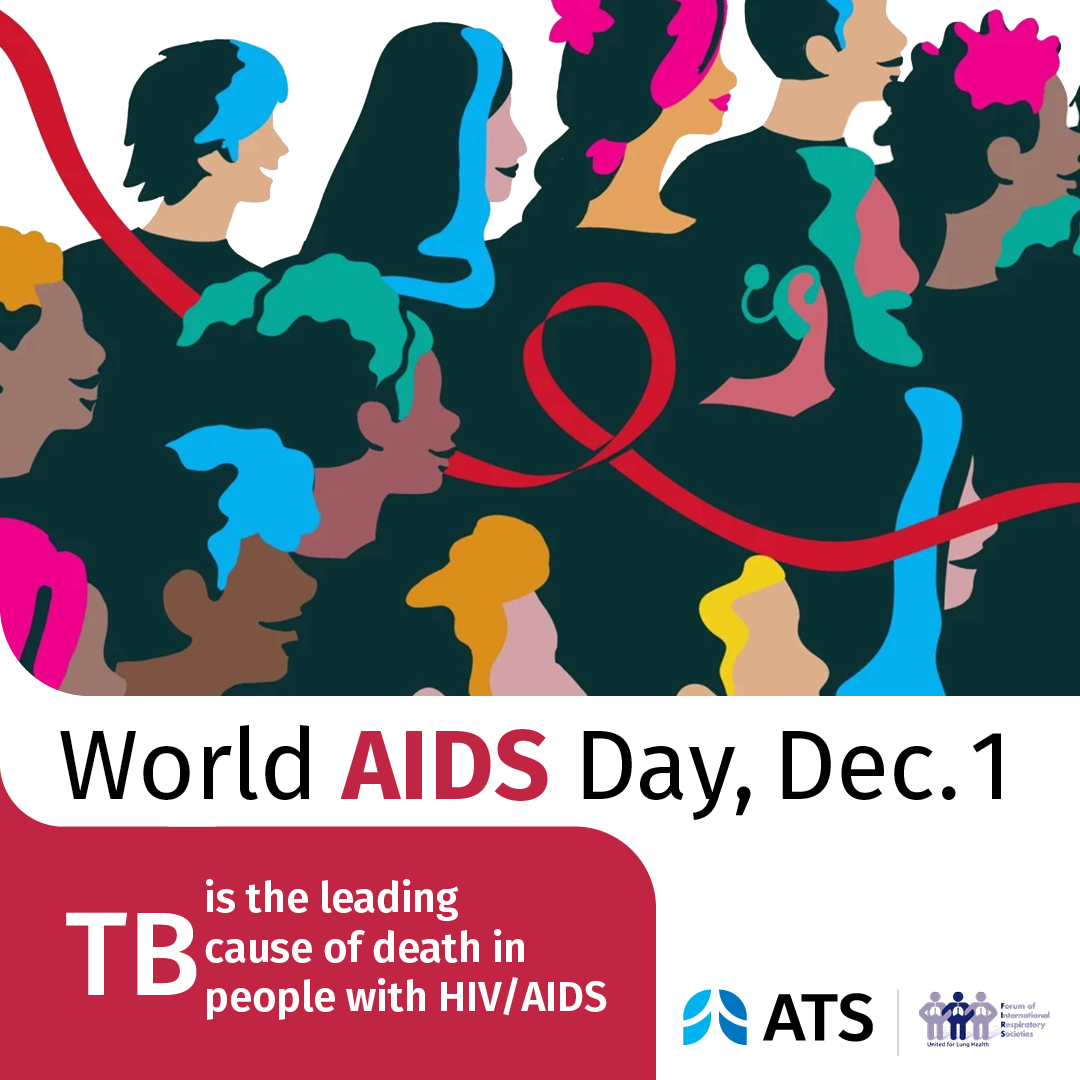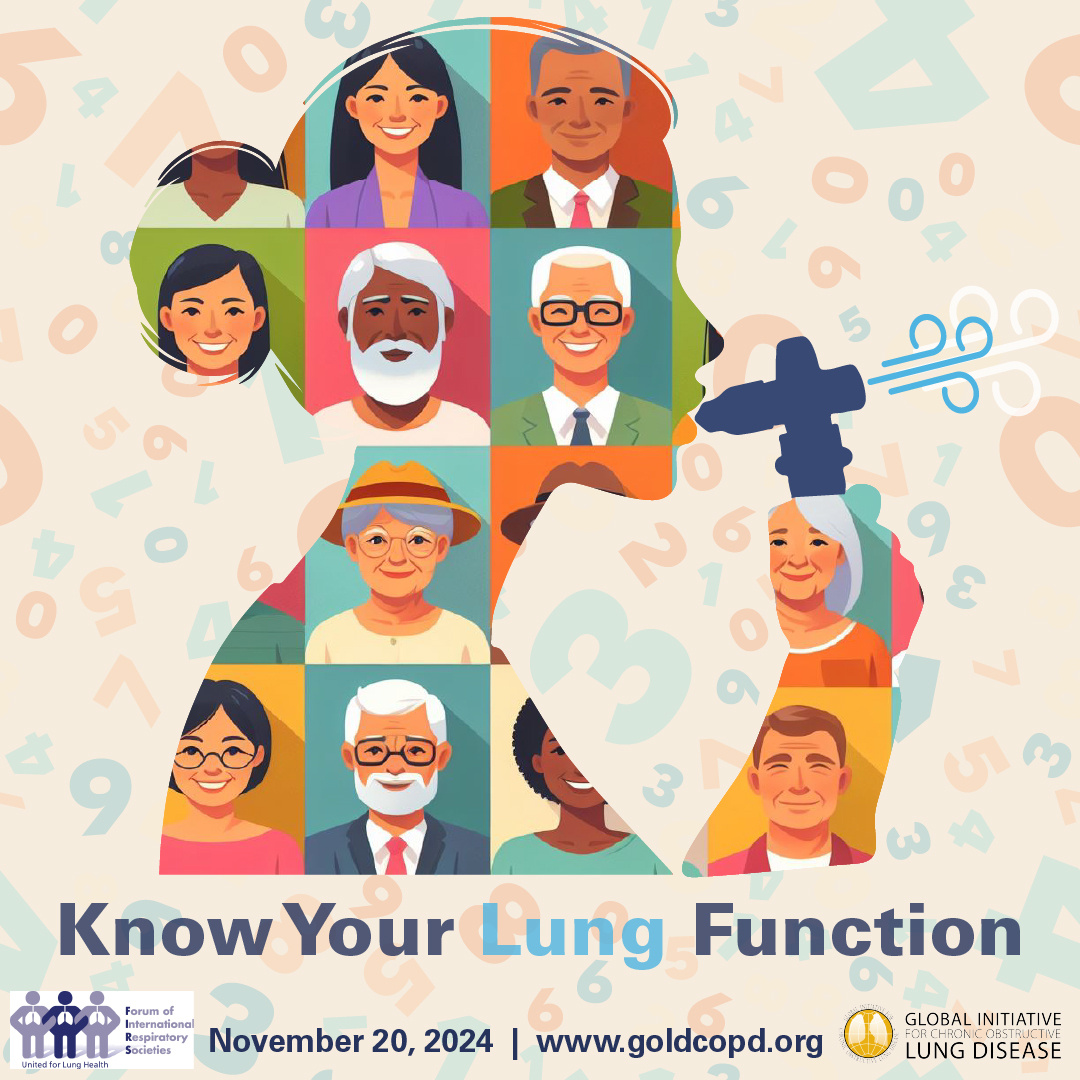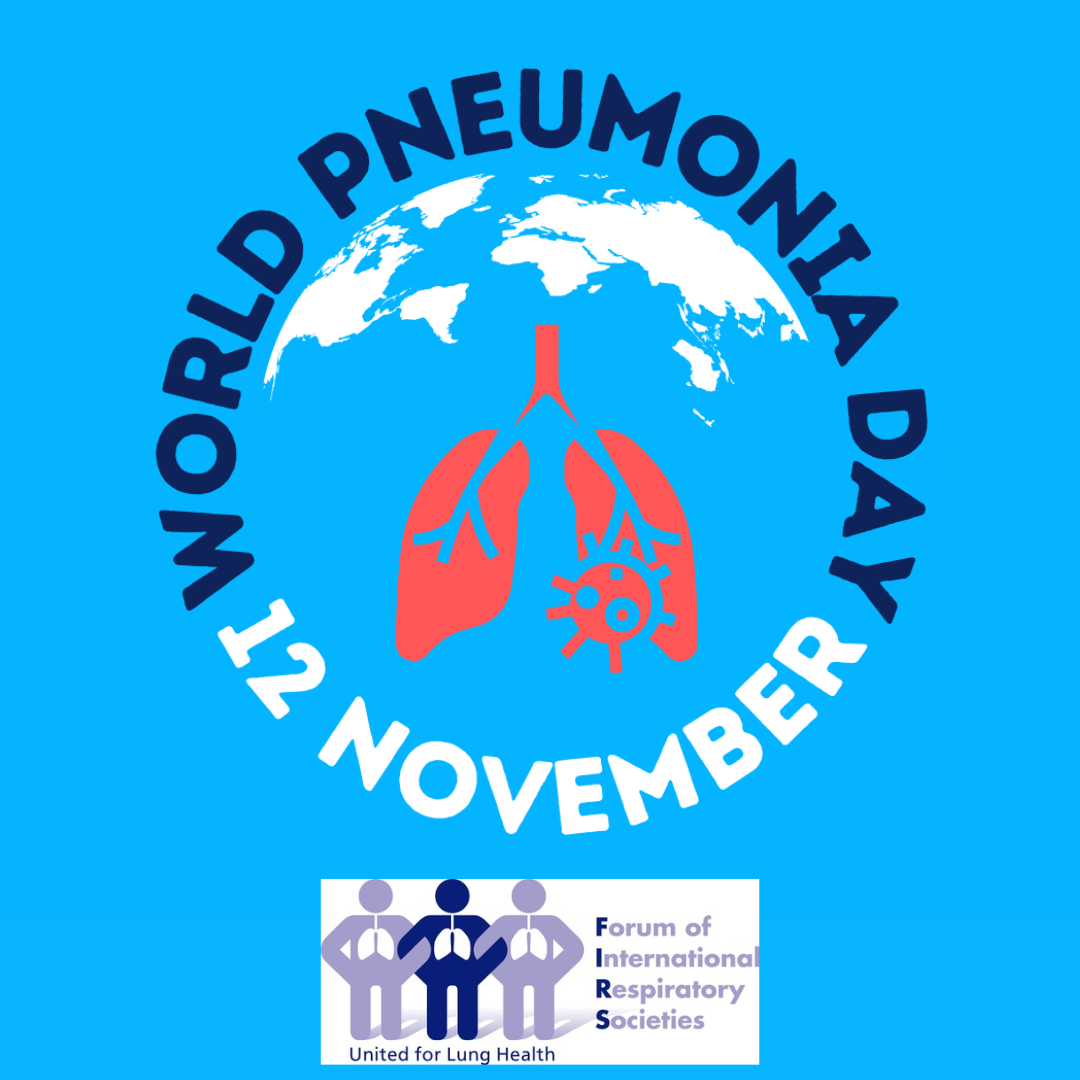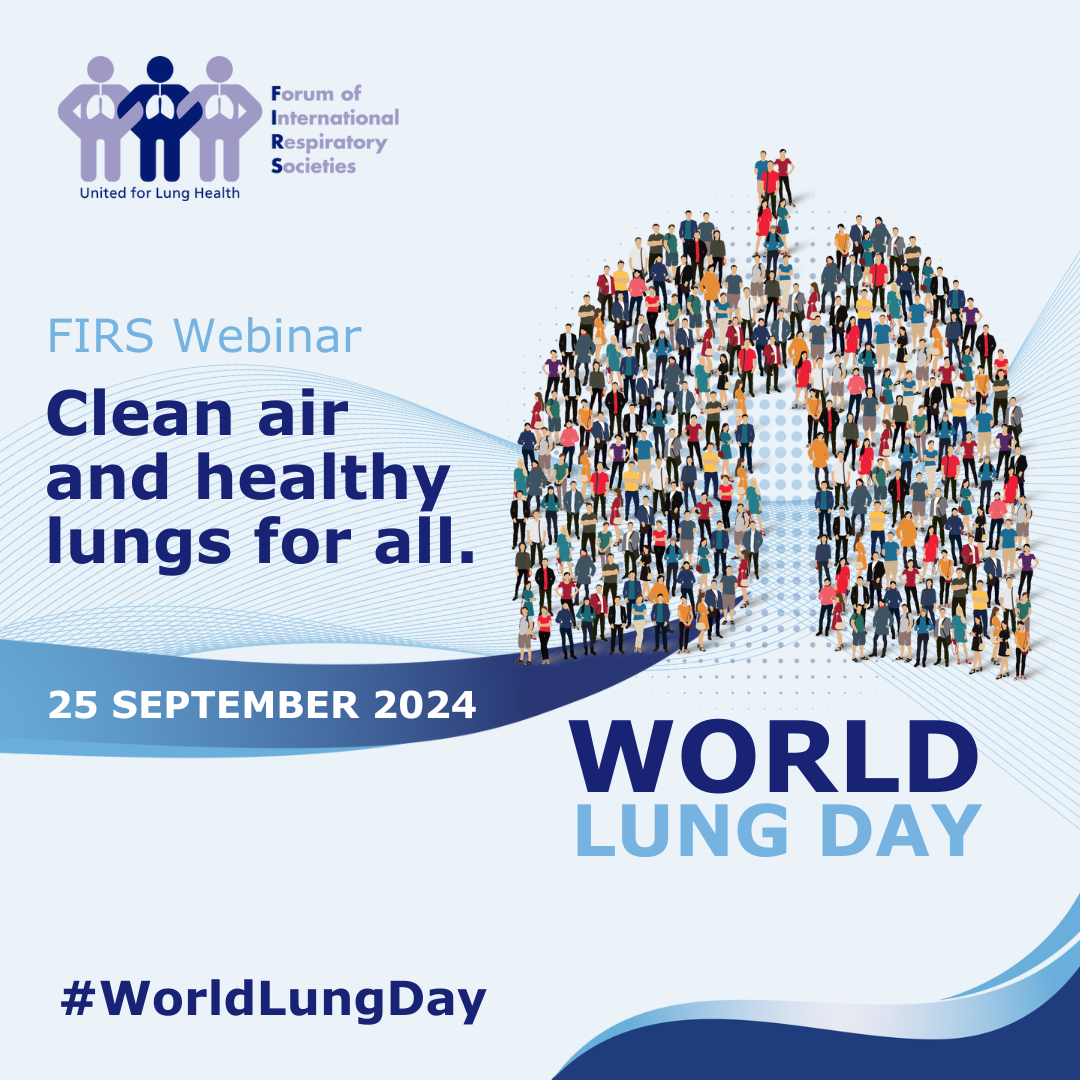19 June 2017 GENEVA - The Forum of International Respiratory Societies (FIRS) supports the outstanding efforts of tobacco cessation programs in the United States, and hopes to see that success translate globally.
Report Outlines Major Causes of Respiratory Disease and Mortality and Lays Out Recommendations for Global Action
Cape Town, Glenview, Lausanne, Montevideo, New York, Paris, Tokyo, March 24, 2017 – In support of World TB Day, 24 March, the Forum of International Respiratory Societies (FIRS) urges action on five united strategies to ensure the aim of ending tuberculosis (TB) by 2030 becomes achievable, despite new and emerging challenges.
Cape Town, Glenview, Lausanne, Montevideo, New York, Paris, Tokyo, Fontana, May 2, 2017 – In support of World Asthma Day, 2 May, the Forum of International Respiratory Societies (FIRS) urges more availability to effective medications and health care for persons with asthma.
Cape Town, Glenview, Lausanne, Montevideo, New York, Paris, Tokyo, Dec. 1, 2016— In recognition of World AIDS Day, held annually on Dec. 1 each year since 1988, the Forum of International Respiratory Societies (FIRS) is calling on governments, health advocates and non-government organizations to strengthen their response to HIV/AIDS. In 2015 AIDS claimed 1.1 million lives.
Page 23 of 28




